Comparing Fractions Reading Worksheets for 4-Year-Olds
12 filtered results
-
From - To
Introduce your little ones to the world of fractions with our engaging Comparing Fractions Reading Worksheets designed specifically for 4-year-olds! These worksheets make learning fun and interactive, using colorful visuals and easy-to-understand concepts. Children will explore how to compare different fractions through enjoyable activities that promote critical thinking and early math skills. Each worksheet encourages young learners to identify and differentiate between fractions, laying a strong foundation for future mathematical understanding. Perfect for parents and educators, these resources provide a seamless blend of learning and play, fostering a love for mathematics at an early age. Discover the joy of learning fractions today!
Comparing fractions is an essential concept in early mathematics education that lays the groundwork for later, more complex math skills. For 4-year-olds, engaging in activities that involve comparing fractions helps to develop critical cognitive skills and number sense. At this age, children are naturally curious and eager to learn, making it an ideal time for them to explore relationships between quantities.
Parents and teachers should care about incorporating reading and stories centered around comparing fractions, as it facilitates an interactive and enjoyable learning experience. Through relatable characters and relatable scenarios in books, children can visualize fractions in a more tangible way, such as sharing pizza or dividing toys. This context makes abstract concepts more concrete.
Furthermore, discussing fractions encourages language development, as children learn to articulate their thoughts on what it means for one fraction to be larger or smaller than another. It also fosters problem-solving skills as they visualize and manipulate objects to compare amounts.
By introducing the concept of comparing fractions at this early age, caregivers promote a positive attitude toward mathematics, enhance critical thinking skills, and support overall cognitive development—ultimately preparing children for future learning successes.
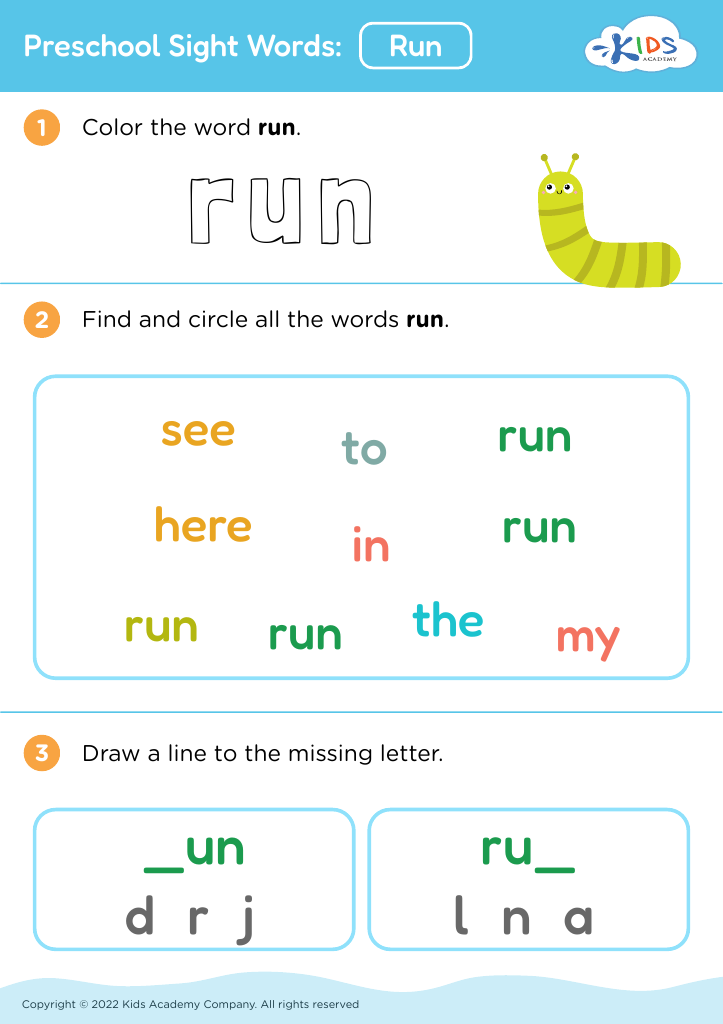
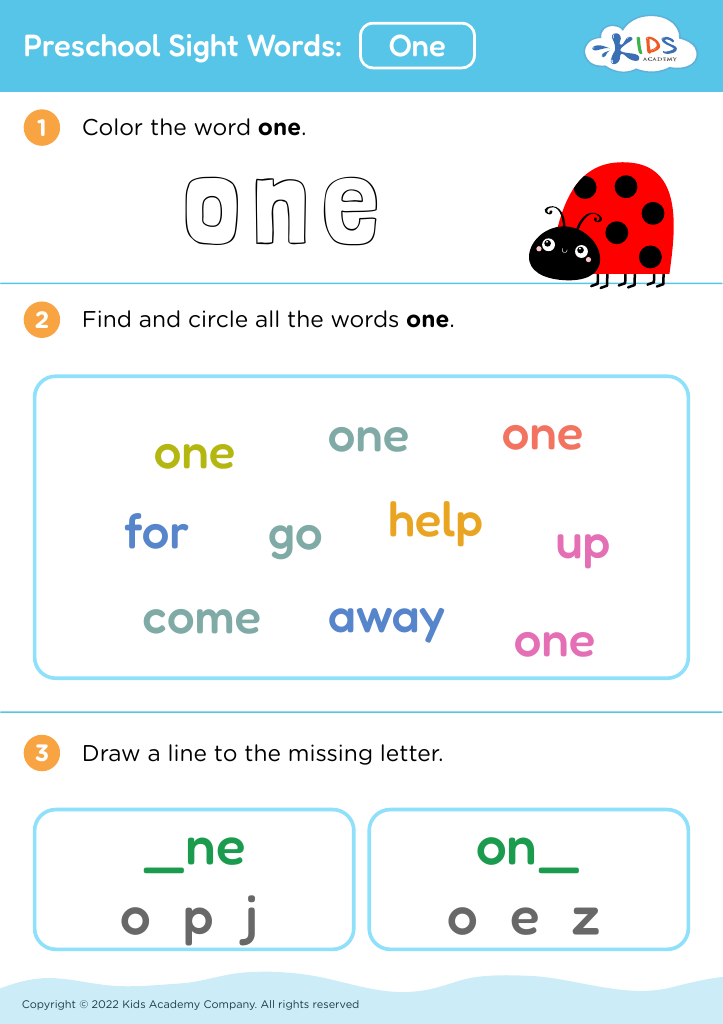



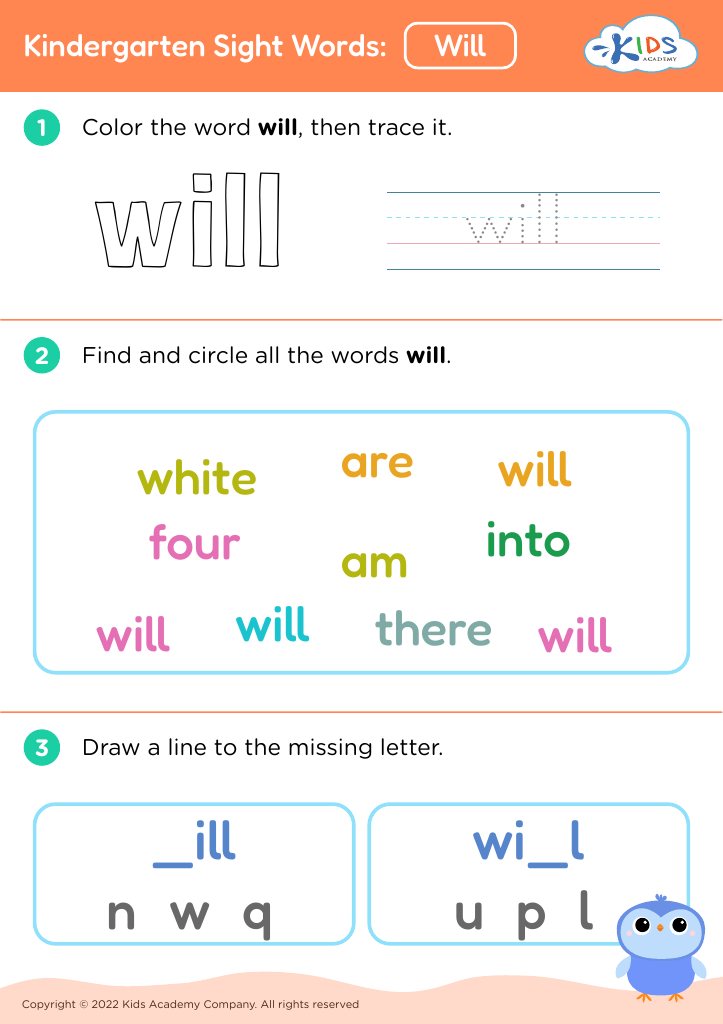
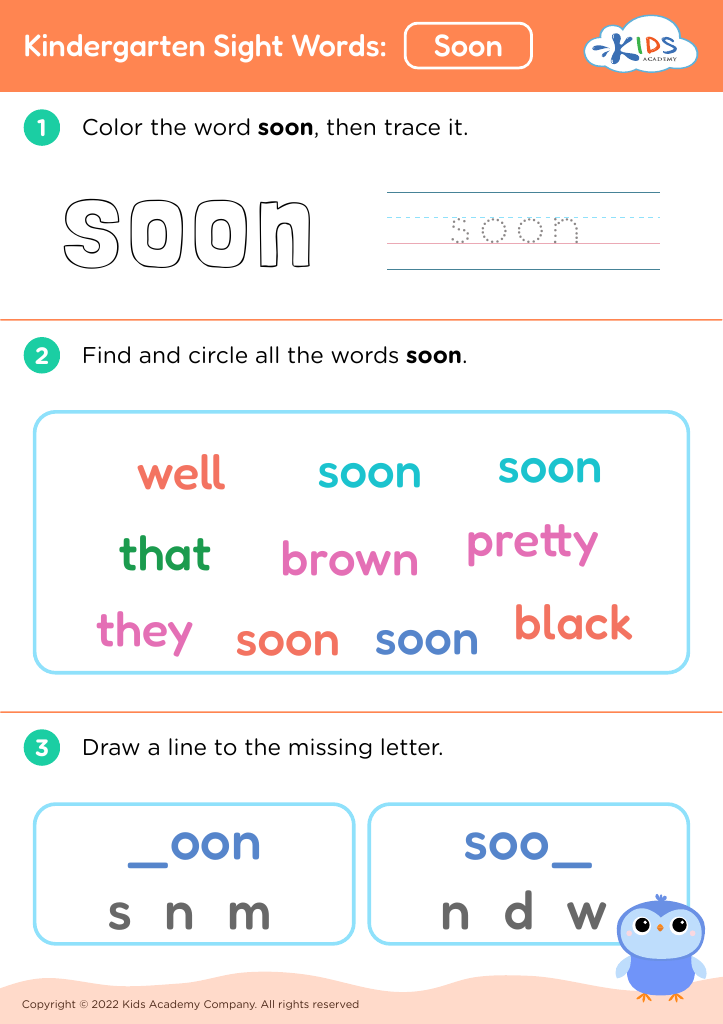



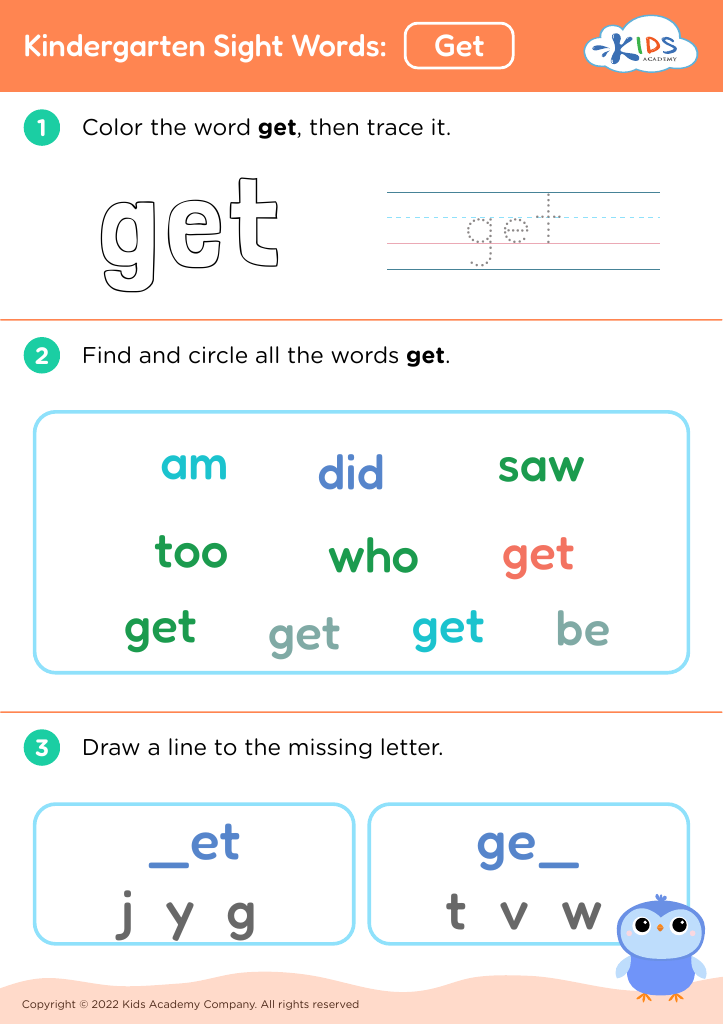
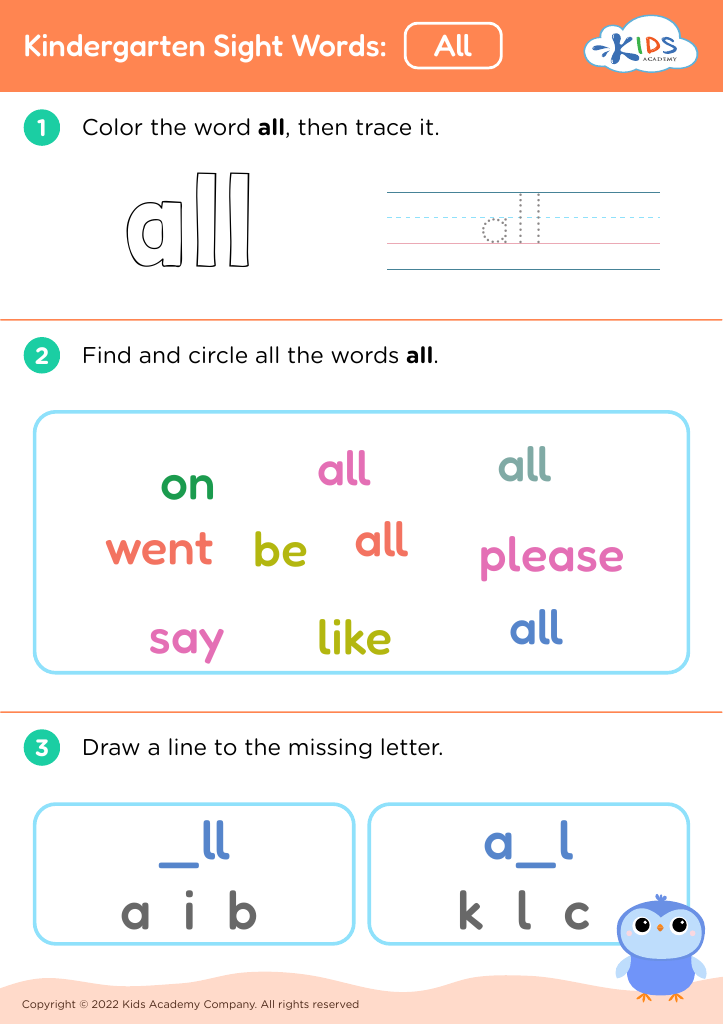


.jpg)
.jpg)












